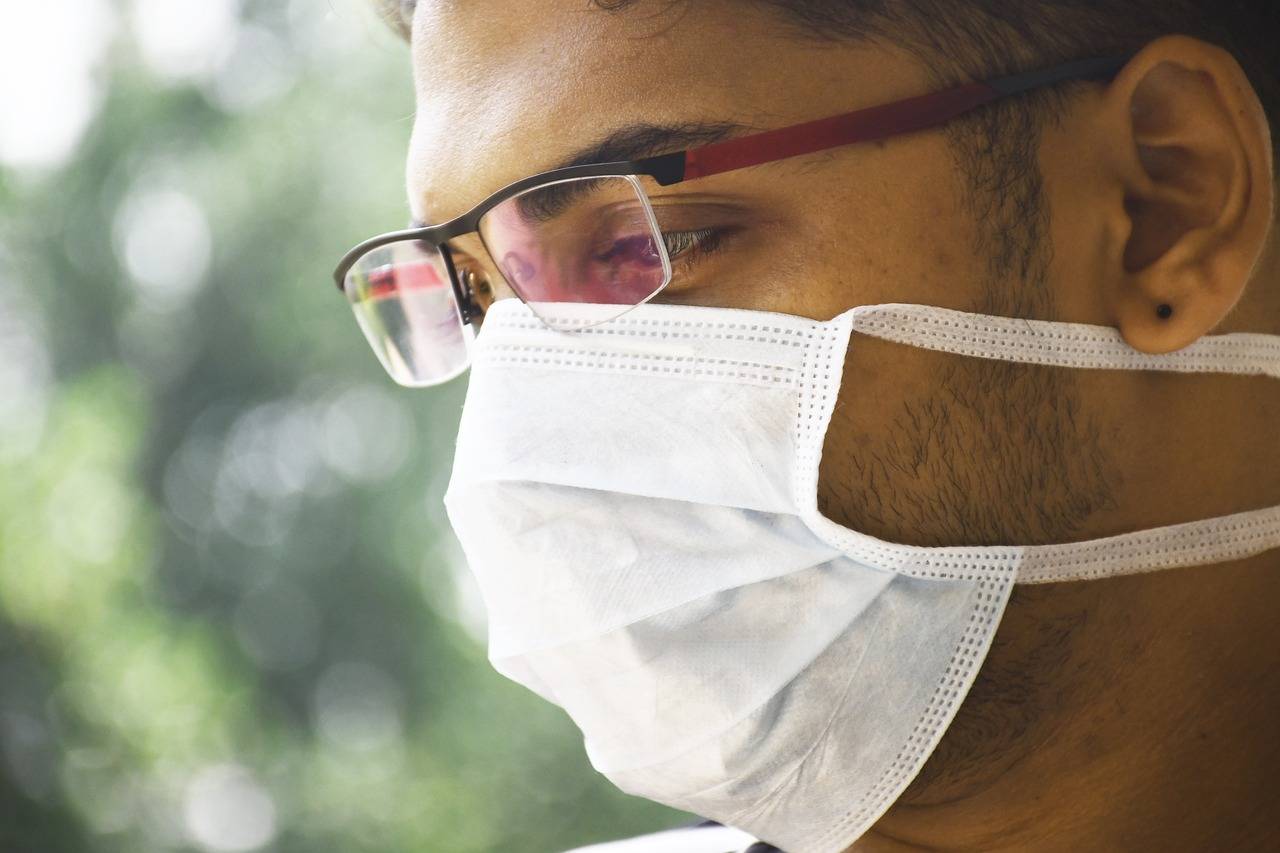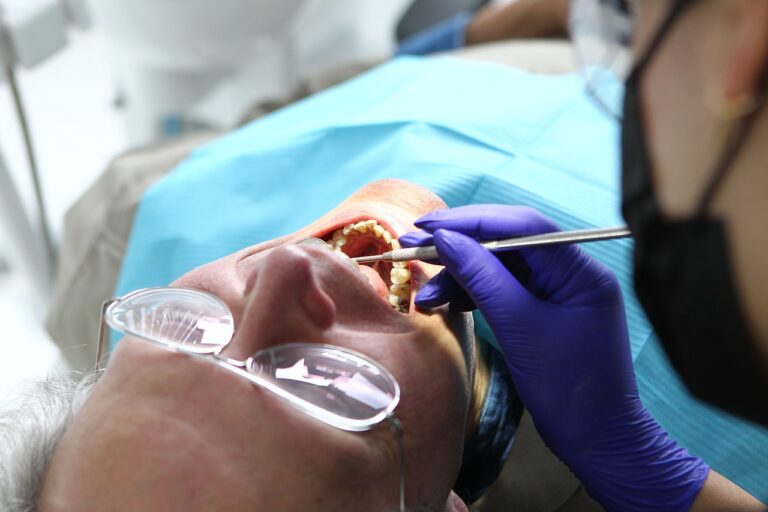The Role of Collagen in Skin Health
Collagen serves as a crucial protein in maintaining the health and vitality of our skin. It provides the structural foundation for the skin, helping it stay firm, plump, and smooth. As we age, our body’s natural collagen production tends to decrease, leading to the development of fine lines, wrinkles, and sagging skin. Therefore, ensuring an adequate amount of collagen in our body is essential for preserving the youthfulness and elasticity of our skin.
In addition to its structural role, collagen also plays a vital part in promoting the skin’s hydration and elasticity. It helps to retain moisture in the skin, keeping it well-hydrated and supple. Furthermore, collagen supports the skin’s regeneration process, aiding in the repair of damaged skin cells and promoting a more youthful and radiant complexion. By maintaining healthy collagen levels, we can help preserve the overall health and appearance of our skin.
The Science Behind Collagen Production
The process of collagen production is essential for maintaining skin health and elasticity. Collagen is a fibrous protein that provides structure and support to the skin, helping it to remain firm and youthful. As we age, collagen production naturally slows down, leading to the development of wrinkles, sagging skin, and a loss of radiance.
Collagen production is primarily driven by fibroblast cells in the skin’s dermis layer. These cells synthesize collagen proteins, which are then assembled into strong fibers that contribute to the skin’s structural integrity. Factors such as UV exposure, smoking, and poor nutrition can accelerate collagen breakdown, emphasizing the importance of lifestyle choices in maintaining healthy collagen levels.






